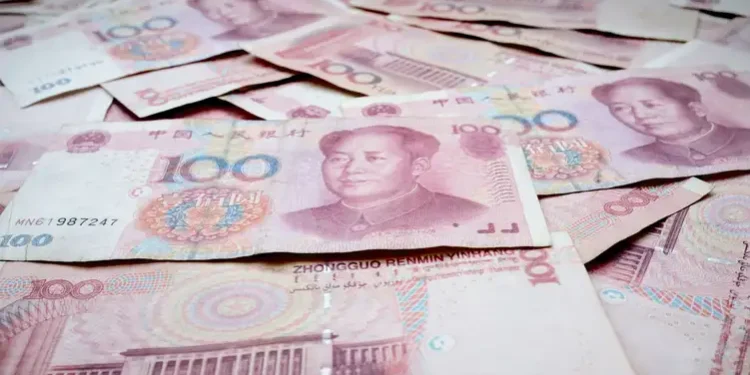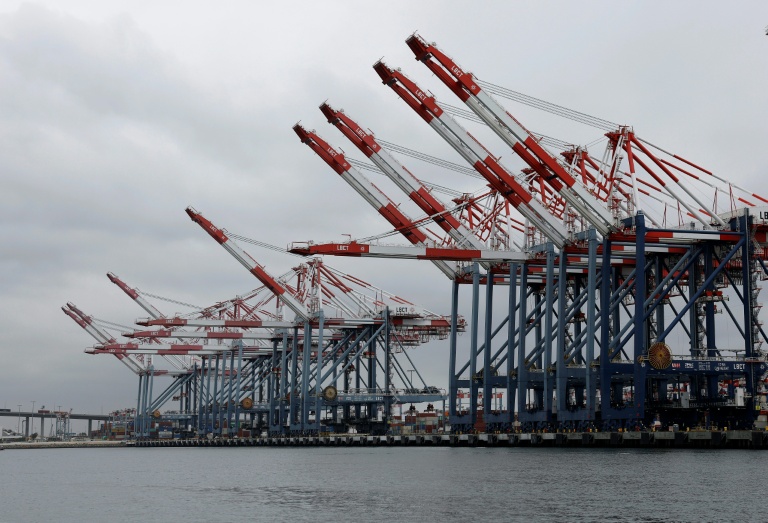Over the past few decades, China has emerged as a global economic powerhouse. Its remarkable economic development and rapid growth have been the envy of many nations. But what exactly are the main factors that have contributed to China’s economic success?
Economic Reforms and Opening Up
One of the most critical factors that have led to China’s economic development is its commitment to economic reforms and opening up to the world. In the late 1970s, China embarked on a series of market-oriented reforms, known as the ‘Reform and Opening Up’ policy. This policy involved embracing elements of capitalism, such as allowing private enterprises, foreign investments, and free-market mechanisms to operate within the Chinese economy.
This transformation unleashed tremendous entrepreneurial energy and innovation among the Chinese people, driving economic growth and lifting millions out of poverty. By introducing market-oriented reforms, China was able to tap into its vast human resources and utilize them effectively, leading to a surge in productivity and economic output.
Investment in Infrastructure
Another significant driver of China’s economic development has been its massive investment in infrastructure. The Chinese government has poured billions of dollars into building highways, railways, airports, ports, and other essential infrastructural projects. This extensive network of infrastructure has not only facilitated the movement of goods and people but has also acted as a catalyst for economic growth.
Infrastructure development has played a crucial role in attracting domestic and foreign investments, creating employment opportunities, and promoting regional connectivity. It has also helped in bridging the urban-rural divide by improving access to basic amenities and services in rural areas. Moreover, China’s focus on developing high-speed rail networks and modern airports has enhanced its competitiveness as a global trade hub.

Human Capital Development
China’s emphasis on human capital development has also been a vital factor in its economic success. Recognizing the importance of an educated and skilled workforce, the Chinese government has made significant investments in education and vocational training. It has allocated substantial resources to enhance the quality of education, promote research and development, and cultivate technical expertise in various industries.

As a result, China has been able to produce a large pool of highly skilled workers, scientists, engineers, and entrepreneurs. This skilled workforce has played a key role in driving innovation, technological advancements, and productivity gains, giving China a competitive edge in the global market.
Trade and Globalization
The integration of China into the global economy through trade and globalization has been instrumental in its economic development. China has adopted a proactive approach towards foreign trade, becoming the world’s largest exporter and second-largest importer of goods. It has established free trade zones, entered into bilateral and multilateral trade agreements, and actively participated in global trade organizations.
This emphasis on trade has allowed China to tap into global markets, expand its export-oriented industries, attract foreign direct investment, and become an integral part of global supply chains. By leveraging its competitive advantages, such as low-cost labor, economies of scale, and a vast domestic market, China has positioned itself as a manufacturing and exporting powerhouse.
Innovation and Technology
China’s focus on innovation and technology has been another crucial factor in its economic success. The government has implemented policies to promote research and development, foster technological innovation, and encourage entrepreneurship. China has made substantial investments in key sectors, such as information technology, telecommunications, clean energy, biotechnology, and artificial intelligence.
Chinese companies have emerged as global leaders in various industries, creating cutting-edge technologies and products. From e-commerce giant Alibaba to telecommunications behemoth Huawei, China has demonstrated its ability to compete and excel on the global technological stage. This focus on innovation has not only fueled economic growth but has also propelled China towards becoming a knowledge-based economy.
China’s economic development can be attributed to a combination of factors, ranging from economic reforms and opening up to investment in infrastructure, human capital development, trade and globalization, and innovation and technology. The synergy created by these factors has propelled China’s economy forward, leading to its emergence as a powerful and influential player in the global economic landscape.
As China continues to navigate the complexities of its economic trajectory, it remains crucial for the government to strike a balance between economic growth and sustainability, social welfare, and environmental stewardship. The world watches with anticipation as China charts its course towards further economic success and aims to shape a new world order.





















